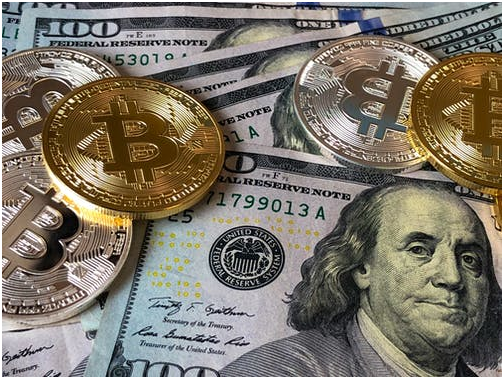

As human beings riddled with regret from life choices we’ve made in the past, there are lots of things we’ve said or done in the past that we wish we could go back and change, knowing what we know today. Unfortunately, there’s no way to turn back the hands of time but we can move forward making better and smarter choices, especially in terms of our finances and investing opportunities.
To be fair, investing isn’t something you’re taught in grade school, and you have to have a specific interest in it in college to even know if any courses on investing are even offered… But a lot of people who are what you would call “heavy hitters” in the investment industry, didn’t start until later in life simply because they weren’t informed or educated about it enough while they were younger.
Many didn’t know how lucrative investing in real estate was until becoming aware of how borrowing from a direct lender can help investors grow their portfolio of single-family rental properties. If only we knew then what we know now…
But there’s no sense in dwelling on the past. If you’re wanting to seriously get into the world of investing, there are a few “basics” you need to know about early on before investing a cent. From the “hows” and “whys” of investing to maintaining the ability to see the bigger picture amid uncertainty and turmoil, here are some aspects of investing you need to get acquainted with now.
“Need to Knows” of Investing
The Earlier You Invest, the Better the Return
One of the most important things to understand about investing is that it’s a long-term game, and the longer time you give yourself to play the game, the greater the rewards you’ll reap.
Let’s look at compound interest. Compound interest is the interest you’ve earned from your own personal contributions, plus, the interest you’ve earned already… So let’s say you start investing at 18 years old and don’t withdraw any money from the market until you’re 66… That means you’ve had 48 years for interest to grow on however many accounts you had since you were 18.
The older you will thank the younger you tremendously, especially when you get to retirement age. Reports have stated that the millennial generation and younger, shouldn’t expect to receive full social security benefits upon reaching retirement age. Not only has the pandemic wiped out future funding but the amount of social security money available prior to the pandemic had already been dwindling down to nearly nothing already. To secure your future when you’re older, you need to start making investment moves now because there’s a good chance that there won’t be any readily available money for you when you need it most… well, not from the government.
Have a Clear Understanding of Why You Want to Invest
As you know, investing is a long-term game, and because of that, you need to keep your why at the forefront of your mind to keep you motivated.
There will be times where you stop and ask yourself why you’re putting your money there and not spending it? Why not splurge now?
Your future is what you have to keep in mind. What will your life look like at 55? Will you be living paycheck to paycheck still or will you be able to live comfortably by then? You have to keep the big picture in mind constantly.
Adjust Your Investments With the Market
The market changes all the time, and while you may have conducted thorough research on various companies, products, and services, past performance doesn’t necessarily dictate future performance. But that’s not to say that you can’t mitigate the risks involved with a changeable market…
Pinterest is a stock to look out for in 2021 based on its current performance and how people are doing more crafts since being stuck at home due to coronavirus but that doesn’t necessarily mean it will keep its speed either.
To mitigate your risks in investing, you have the power to adjust your holdings or diversify your accounts… anything to prevent high fees, of course. The market isn’t something you “set and forget”… In fact, the market is something you want to continuously keep an eye on to see how your investment is paying off.